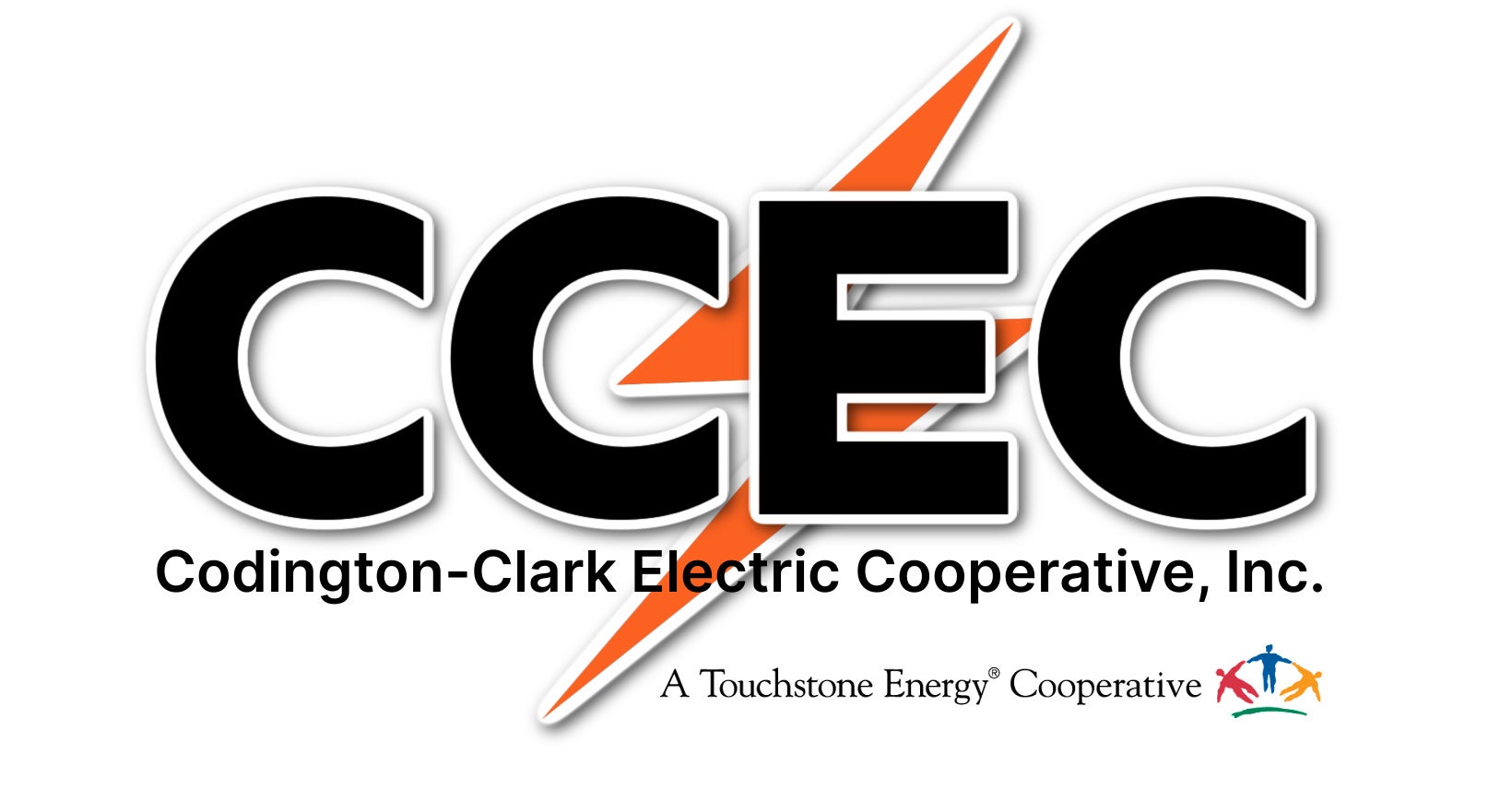CAPITAL CREDITS
Earning Capital Credits
Capital credits are your return-on-investment in Codington-Clark Electric Cooperative, Inc.
Throughout the year, we track how much electricity you buy. At the end of the year, we complete our financial matters and determine whether there are excess revenues, called margins. Then we allocate the margins to members as capital credits based upon their use of electricity during the year. When our financial condition permits, your board of directors decides to retire, or pay, the capital credits.
In December, members who purchased power in 1998 and 1999 received a capital credit check or credit applied to their bill.
A list of individuals whose capital credit checks were returned or uncashed after the most recent payout was published in the February Co-op Connections magazine or see the list of Unclaimed Capital Credit/Property Checks.
Capital credits are the primary source of equity for most cooperatives. Allocating and retiring capital credits are two practices that make cooperatives different from other businesses.
As a cooperative, Codington-Clark Electric Co-op annually return margins (income minus expenses) to the patrons by allocating capital credits for the most recent year and if financial conditions permit, by retiring (refunding) allocations from prior years. Capital credits reflect each member's ownership in the cooperative. We keep record of each member's patronage and capital credit account balance.
Estate Settlements
To facilitate the settlement of estates, the Cooperative may retire capital credits of deceased members; provided, the legal representative of the estate submits to the Cooperative a written request "Estate Settlement Request" to retire the capital credited to the decedent and the Cooperative’s board of directors approves such written request.
Recognizing the time value of money and using present value of money justification, the Cooperative will discount estate settlements, coincident with the date of the request for the estate settlement retirement.
Whenever the retirement of capital credits is authorized by the board, the Cooperative shall first deduct from the amount authorized payable to a patron, the amount of any debts or obligations owing from the patron to the Cooperative.
Members who discontinue service shall not be entitled, by virtue of termination of service, to an immediate capital credit refund. The capital allocated to any patron's account shall be paid only at the time the Cooperative is making a retirement in accordance with the Cooperative’s bylaws.
For questions or further information, contact the Co-op's business office.
